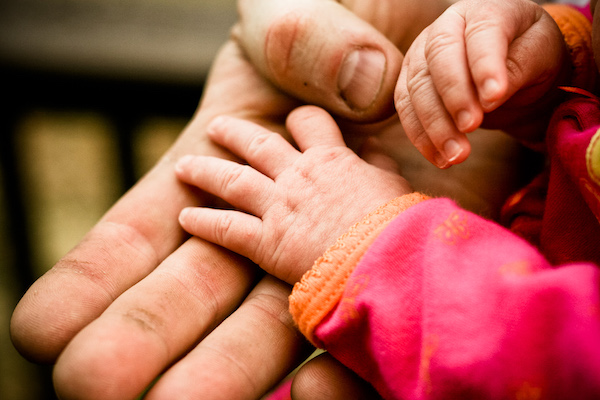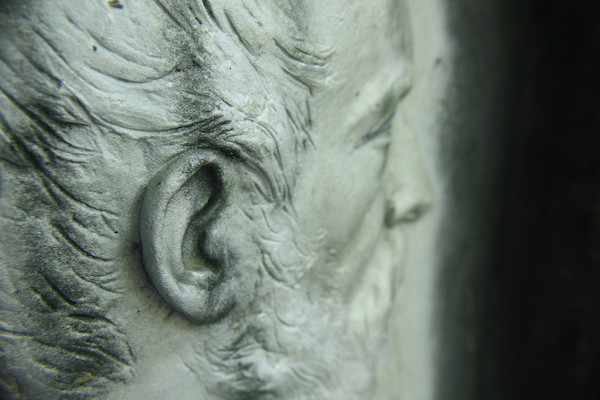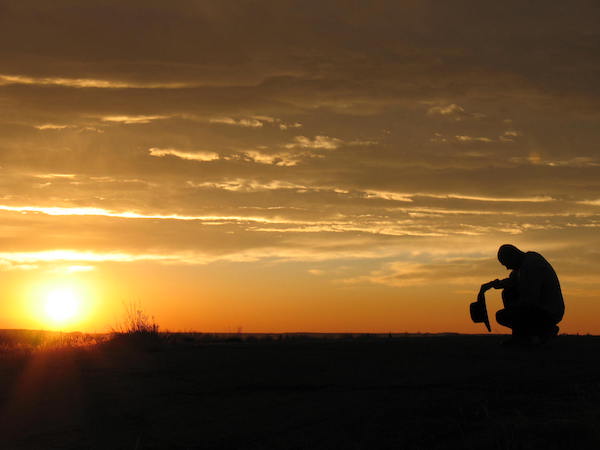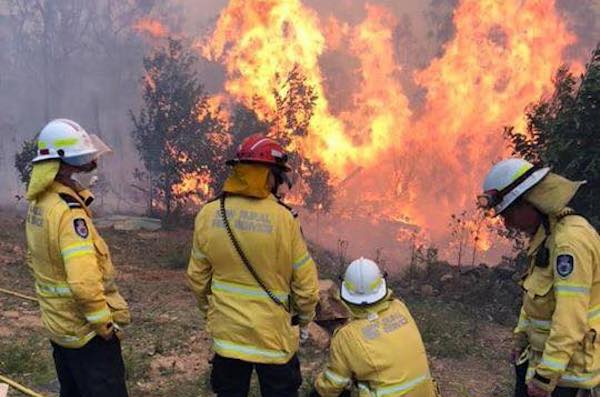Weather Warning

The drought is getting worse and the fire emergency is escalating: our weather is causing grief to us all, and some far more than others.
The Bible has recorded some events in history when God brought about severe weather incidents as a way of punishing people.
Yet, when Jesus was questioned about a natural disaster that happened during his life on earth, he quickly pointed out that God doesn’t bring about these kinds of events in order to punish specific sins in specific people.
Jesus said, “Do you think those Galileans were worse sinners than all the other people from Galilee?” Jesus asked. “Is that why they suffered? Not at all! And you will perish, too, unless you repent of your sins and turn to God.” (Luke 13:2-3)
This means that it’s wrong and insensitive to suggest that the current bushfire and drought emergency is a special punishment from God for any recent community actions.
For, whilst God is in control of everything in his creation, he does not use these kinds of disasters to specifically punish people for particular sins.
In fact, Jesus said that God “gives his sunlight to both the evil and the good, and he sends rain on the just and the unjust alike.” (Matthew 5:45).
However it is also true that every time tragedy or hardship affects us, we should stop and think about the coming judgement of every one of us.
This means that every tragedy is a wake-up call from God to make sure we’ve taken refuge in Jesus, who promises to protect us from judgement when we trust in him as our loving ruler and rescuer.
At this time of fire and drought we should pray for those who are suffering and use this moment to make sure we’ve each, personally made peace with God.
JODIE McNEILL









